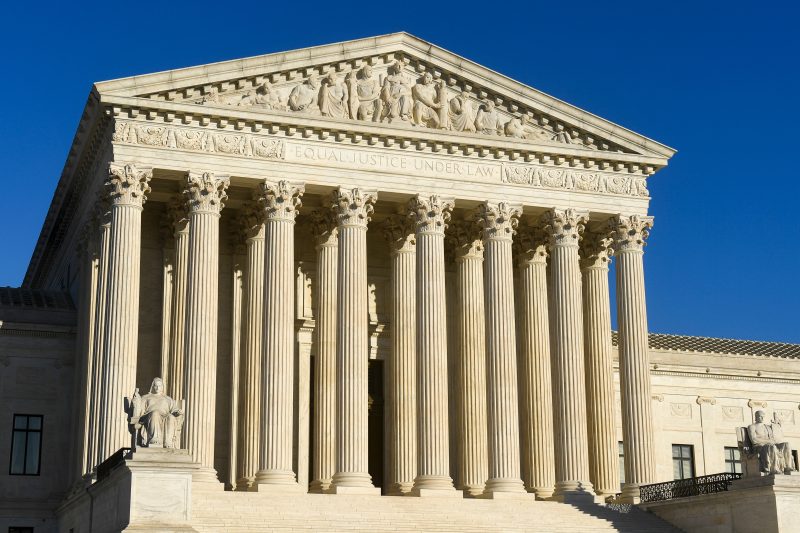**Supreme Court Decision Maintains Block on Biden’s New Title IX Regulations in Select States**
In a recent development impacting higher education institutions across the country, the Supreme Court has decided to uphold the block on President Joe Biden’s new Title IX regulations in several states. This decision has sent shockwaves through the academic community and reignited debates on the role of federal government oversight in addressing gender discrimination on college campuses.
At the heart of the matter is the Biden administration’s attempt to overhaul Title IX regulations, particularly concerning how schools handle sexual assault and harassment cases. The administration’s proposed changes aim to strengthen protections for survivors, expand the definition of sexual harassment, and ensure fair processes for both the accuser and the accused. However, several states have raised concerns about the potential impact of these changes on educational institutions and individuals within their jurisdictions.
One of the key arguments against the Biden administration’s new regulations is the fear of federal overreach and the infringement of states’ rights. Critics argue that the proposed changes could undermine the autonomy of states and universities in addressing sexual misconduct cases and could lead to unnecessary bureaucratic oversight. Additionally, opponents claim that the new regulations may disproportionately impact the due process rights of the accused, potentially resulting in unfair outcomes.
On the other hand, proponents of the Biden administration’s reforms argue that the current Title IX regulations are outdated and fail to adequately protect survivors of sexual assault and harassment on college campuses. They contend that the proposed changes are necessary to create a safer and more equitable environment for all students, ensuring that universities take allegations of misconduct seriously and address them promptly and effectively.
The Supreme Court’s decision to uphold the block on Biden’s new Title IX regulations in select states has sparked a heated debate on the balance between federal intervention and state autonomy in addressing issues of gender discrimination in education. It remains to be seen how this decision will impact colleges and universities in the affected states and whether it will lead to further legal challenges or legislative action on the federal level.
As higher education institutions navigate this evolving legal landscape, it is crucial for policymakers, administrators, and advocates to engage in meaningful dialogue to find solutions that protect the rights of all students while upholding principles of fairness and justice. The debate over Title IX regulations is far from over, and it is essential for stakeholders to work together to address the complex issues surrounding sexual misconduct on college campuses in a way that ensures accountability, transparency, and respect for all parties involved.






























